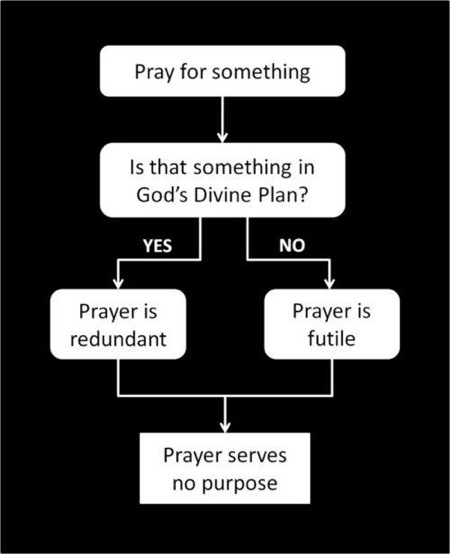 I think we can all agree that atheists are an unpopular minority in the United States. We've seen countless examples of bigotry directed at us by Christians, including elected officials who are supposed to know better. And it is not just the Christians; the record is not much better for members of other mainstream religions. I suspect we can agree that there are multiple reasons for how we are perceived by many religious individuals.
I think we can all agree that atheists are an unpopular minority in the United States. We've seen countless examples of bigotry directed at us by Christians, including elected officials who are supposed to know better. And it is not just the Christians; the record is not much better for members of other mainstream religions. I suspect we can agree that there are multiple reasons for how we are perceived by many religious individuals.A number of prominent atheist bloggers, women and men whose work I respect, seem to share the opinion that one of the most important obstacles faced by modern atheists is our lousy public image. Some even appear to suggest that this image is largely of our own making. Again and again, we are cautioned against offending the religious. We are told, "Don't be a dick," and our tactics are criticized as too rude or too assertive. We are accused of picking the wrong battles, and some of our activism is labeled as counterproductive. Many of us are now seen as part of the problem because our particular brand of atheism contributes to bad PR. That is, we are not nice enough, tame enough, or passive enough.
 Sexism and misogyny are loaded terms in that nobody wants to be accused of either of them. But what do they mean? I have seen many prominent atheist bloggers using these terms interchangeably. This was a surprise, as I've always understood them to be related but distinct concepts. I think it may be helpful to define these terms and determine whether they mean the same thing or not.
Sexism and misogyny are loaded terms in that nobody wants to be accused of either of them. But what do they mean? I have seen many prominent atheist bloggers using these terms interchangeably. This was a surprise, as I've always understood them to be related but distinct concepts. I think it may be helpful to define these terms and determine whether they mean the same thing or not.

 We've seen it happen countless times. A U.S. citizen has the courage to stand up for the First Amendment of our Constitution and subsequently faces a barrage of insults, including threats of physical harm or even death, from Christians. Why it happens is no mystery. Significant numbers of Christians are hateful and feel justified in behaving this way when their privilege is threatened. It does not matter to them whether the subject of the original complaint was illegal; all that matters is that they perceive a threat to their
We've seen it happen countless times. A U.S. citizen has the courage to stand up for the First Amendment of our Constitution and subsequently faces a barrage of insults, including threats of physical harm or even death, from Christians. Why it happens is no mystery. Significant numbers of Christians are hateful and feel justified in behaving this way when their privilege is threatened. It does not matter to them whether the subject of the original complaint was illegal; all that matters is that they perceive a threat to their  I have only written two posts so far in this series on sexism in the atheist community, an
I have only written two posts so far in this series on sexism in the atheist community, an  Five Muslim men are on trial in the U.K. under a hate crimes law for distributing anti-gay leaflets that depicted gay men being executed for the "crime" of being gay. The purpose of the literature appeared to be one of encouraging hatred and even violence against homosexuals. One actually called for the death penalty for homosexual behavior. According to
Five Muslim men are on trial in the U.K. under a hate crimes law for distributing anti-gay leaflets that depicted gay men being executed for the "crime" of being gay. The purpose of the literature appeared to be one of encouraging hatred and even violence against homosexuals. One actually called for the death penalty for homosexual behavior. According to 
 What type of atheist community do we want? I want an atheist community that is diverse and that goes far beyond merely tolerating diversity. I want an atheist community that celebrates diversity and that strives to be welcoming to all atheists.
What type of atheist community do we want? I want an atheist community that is diverse and that goes far beyond merely tolerating diversity. I want an atheist community that celebrates diversity and that strives to be welcoming to all atheists.  "Oh, come on! Not another blog writing about sexism in the atheist community!" Yep. I have been thinking about this subject a great deal lately. This is certainly
"Oh, come on! Not another blog writing about sexism in the atheist community!" Yep. I have been thinking about this subject a great deal lately. This is certainly  As atheists, many of us
As atheists, many of us